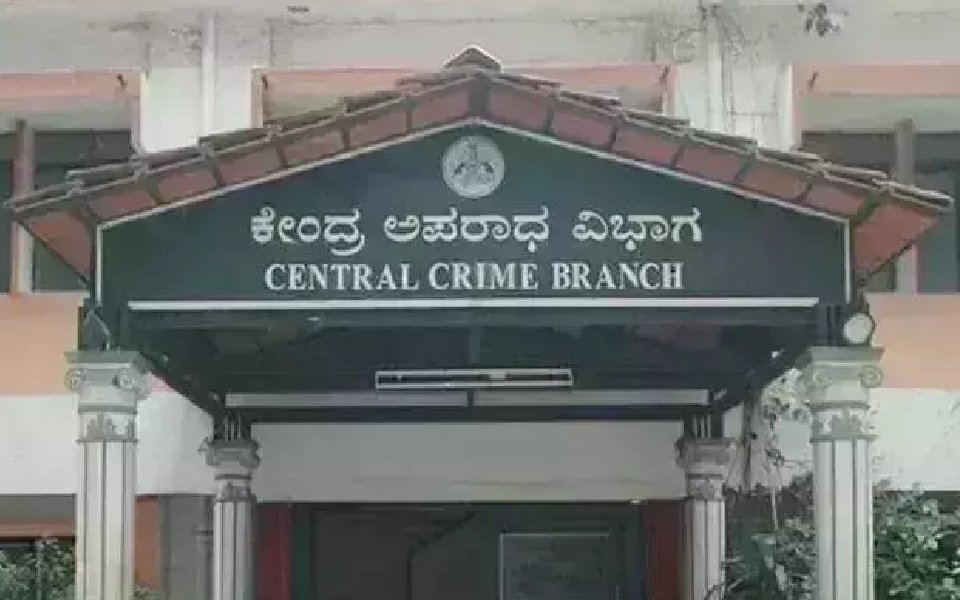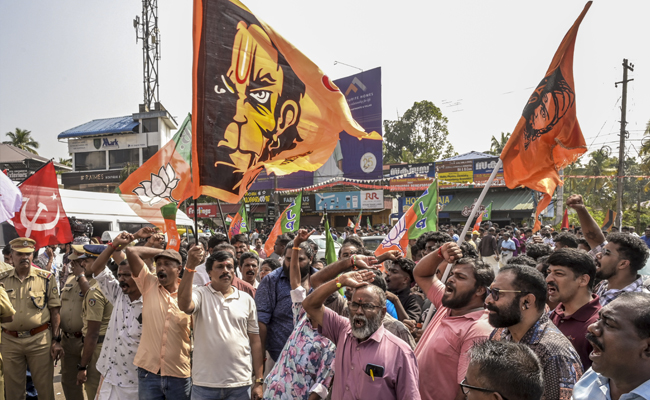Bengaluru: The city Central Crime Branch Police (CCB) has conducted raids and inspection at the residences of foreign nationals residing in the city illegally, despite their visas having expired.
Raids were held at Bengaluru’s Banaswadi, Subbaiahnapalya, Shivaji Nagar and Ramamurthy Nagar acting on a tip-off about some foreign nationals residing despite their passports and visas getting expired.
Visas and passports of various foreign nationals, including those from Africa, who are staying illegally, have been confiscated, informed the police.
ALSO READ: Case registered against two individuals for posting reels with fake gun in Kalaburagi
According to the CCB, some foreigners arriving in the city on student and business visas are staying illegally without returning to their countries and are involved in drug trafficking and other criminal activities.
Let the Truth be known. If you read VB and like VB, please be a VB Supporter and Help us deliver the Truth to one and all.
Sydney (AP): Two gunmen shot dead nine people on Sunday at Sydney's Bondi Beach, and police killed one of them, Australian Broadcasting Corp reported.
Another 12 people were wounded and the other gunman was arrested, ABC reported, citing a police spokesperson on the scene.





